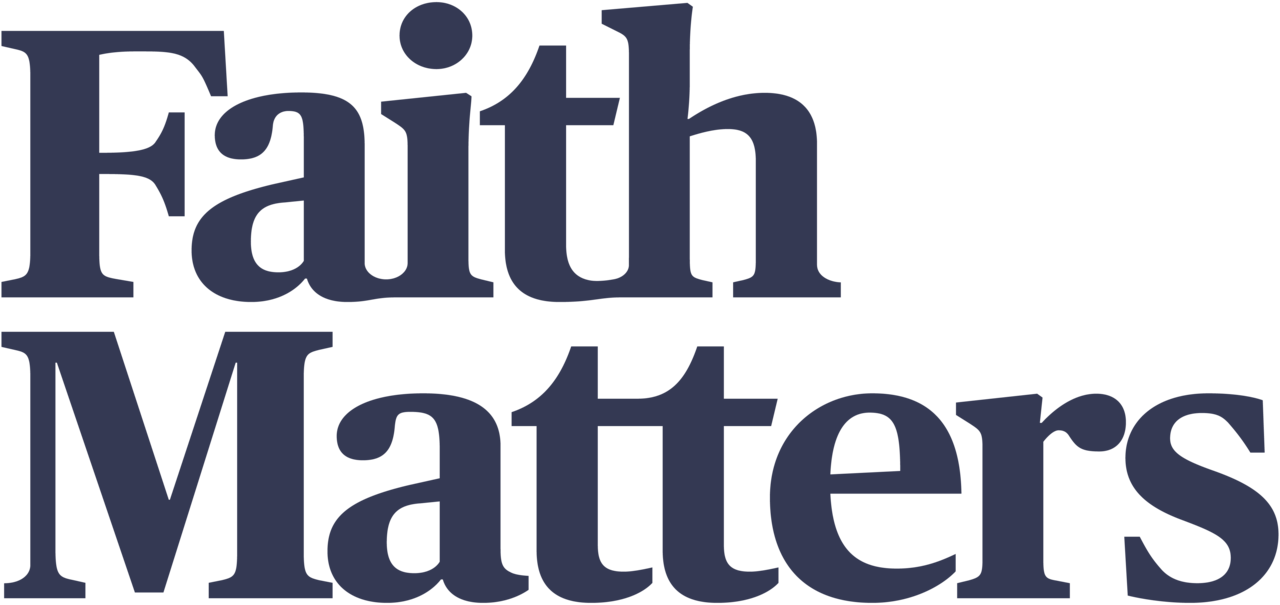
Faith Matters
A companion on the journey of faith through expansive conversations about the restored gospel of Jesus Christ.
By subscribing, I agree to Substack’s Terms of Use and acknowledge its Information Collection Notice and Privacy Policy

A companion on the journey of faith through expansive conversations about the restored gospel of Jesus Christ.